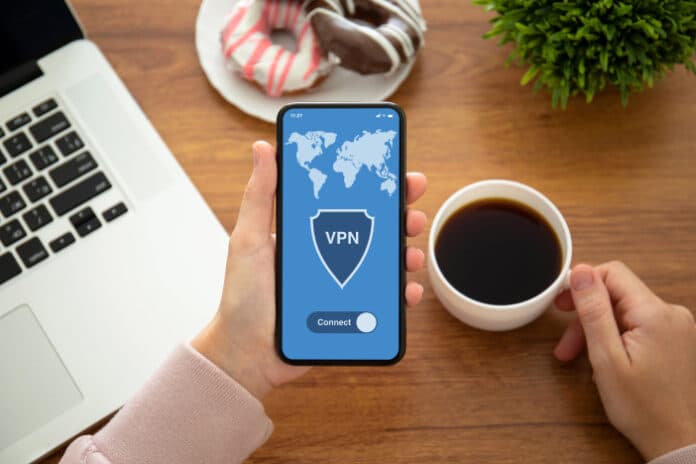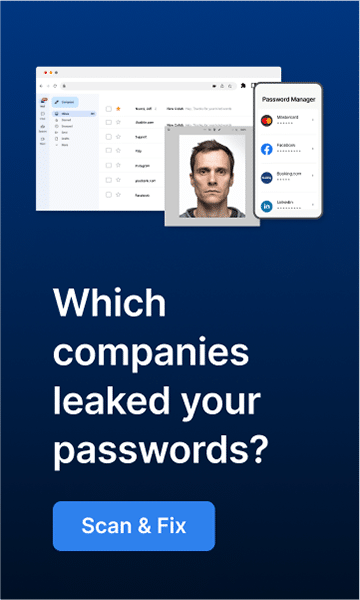When it comes to cyber security, a Virtual Private Network, or VPN, is often seen as the gold standard. By masking your IP address and encrypting your data, a VPN can help keep you safe when browsing the internet. However, not all VPNs are created equal. In fact, many free VPNs are actually scams that can put your data at risk. In this blog post, we will explore why you should never use a free VPN and recommend some trusted alternatives.
What is a VPN?
A VPN is a tool that helps to keep you safe online by encrypting your data and hiding your IP address. When you connect to the internet through a VPN, your traffic is routed through a secure server before it reaches its destination. This makes it much harder for anyone to snoop on your data or tracks your online activity.
Why You Should Never Use a Free VPN
There are many dangers of using a free VPN, some of them are the following:
No personal data protection:
When you use a free VPN, your data is not protected. This means that any information you send or receive could be intercepted by cybercriminals. Free VPNs also sell your data to third-party companies, which makes you even more vulnerable to attacks.
Slow speeds and poor performance:
Free VPNs often have slow speeds and poor performance due to overloaded servers. This can make streaming videos or downloading files very difficult. Additionally, free VPNs often throttle your bandwidth, which can make browsing the web a frustrating experience.
Ad-supported:
Many free VPNs are ad-supported, which means they will bombard you with annoying pop-ups and ads while you browse the internet. Not only are these ads annoying, but they can also be used to track your online activity.
Malware and viruses:
some free VPNs contain malware and viruses that can infect your device. This is a serious security risk, as these malicious programs can steal your personal data or damage your system.
How to Choose a Safe VPN
Now that we’ve explored the dangers of using a free VPN, you might be wondering how to choose a safe one. When selecting a VPN, it’s important to consider the following factors:
Security features:
When choosing a VPN, look for one that offers strong security features, such as military-grade encryption and a strict no-logs policy. This will help keep your data safe from cybercriminals.
Speed and performance:
Make sure to choose a VPN that offers fast speeds and good performance. This will ensure that you can browse the web and stream videos without any issues.
Customer support:
If you run into any problems while using your VPN, it’s important to have access to customer support. A good VPN provider will offer 24/ seven customer support in case you need assistance.
Pricing:
Although it’s tempting to go for a free VPN, remember that you get what you pay for. For the best security and performance, we recommend choosing a paid VPN over a free one.
Conclusion
In conclusion, it’s important to be aware of the dangers of using a free VPN. Free VPNs often sell your data, contain malware, and bombard you with ads. If you’re looking for a safe and reliable VPN, we recommend choosing one that offers strong security features, fast speeds, and good customer support.

